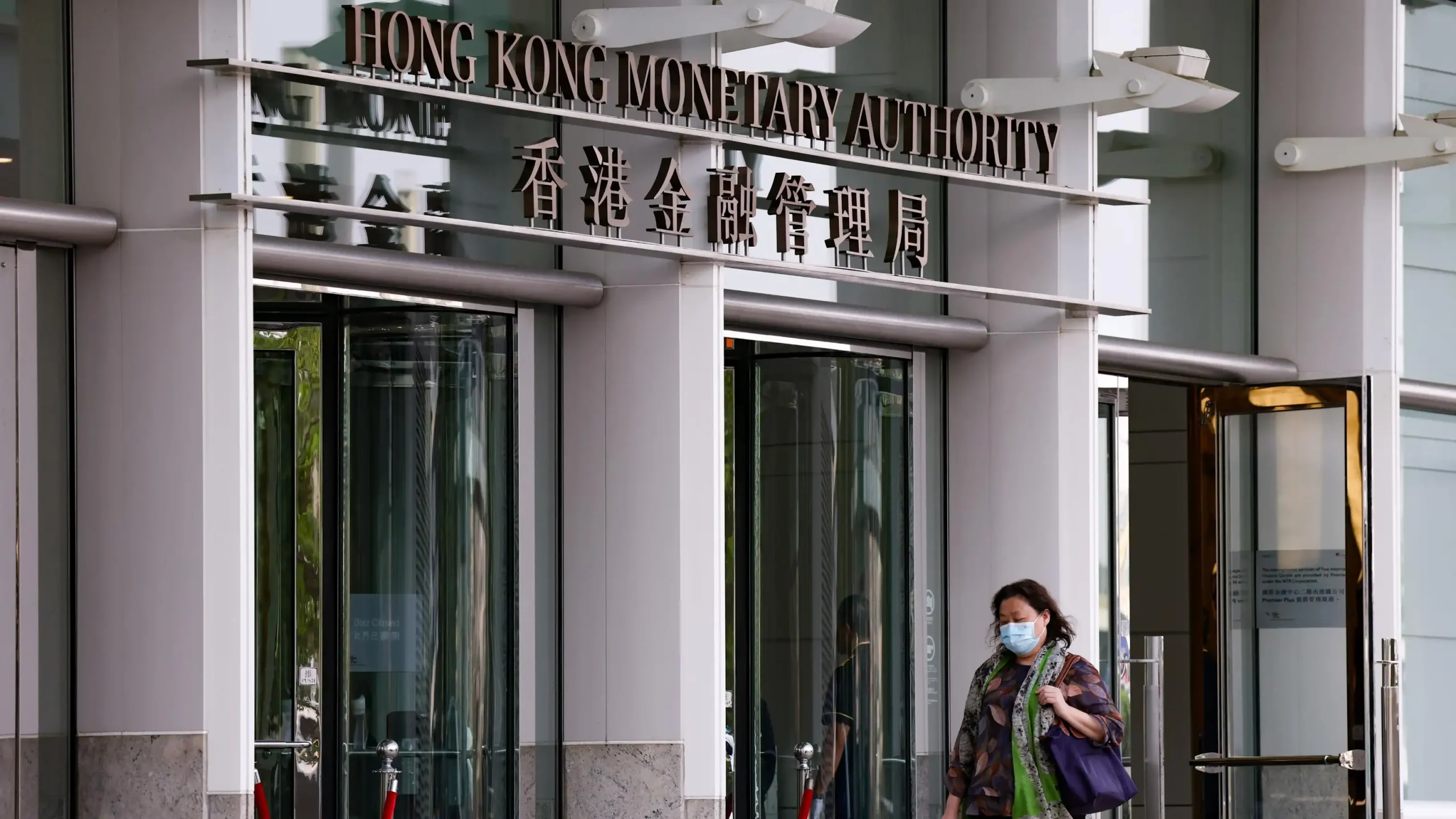The Hong Kong Monetary Authority (HKMA) has introduced new guidelines to govern the use of generative artificial intelligence (GenAI) in consumer-facing banking applications. The goal of this move is to safeguard consumers as the financial sector increasingly integrates AI technology.
In a recent circular, the HKMA emphasized the importance of governance, transparency, fairness, and data protection when deploying GenAI in banking services. These principles expand upon the 2019-established framework that initially offered guidance on big data analytics and artificial intelligence.
Alan Au, the executive director of the HKMA’s banking conduct department, noted a significant rise in the use of GenAI by banking institutions, particularly in areas like customer service chatbots, personalized product offerings, and robo-advisory services. However, with this growth comes the need for stringent consumer protection measures.
The HKMA’s new guidelines stress that financial institutions must be transparent about their use of AI, ensuring that customers receive clear and understandable information. Moreover, the guidelines mandate the board and senior management to oversee any decisions or processes driven by GenAI, holding them accountable for the outcomes.
The guidelines also highlight the need for fairness, urging banks to ensure that GenAI models deliver consistent and unbiased results. The HKMA advises institutions to implement robust safeguards to prevent unauthorized access and misuse of personal information, emphasizing the importance of protecting customer data.
To further support the safe adoption of AI in the financial sector, the HKMA has launched a “Generative Artificial Intelligence (GenAI) Sandbox” in collaboration with Cyberport, a government-funded technology company. This platform will allow banks to experiment with AI applications in a controlled environment, receiving technical support and regulatory guidance to mitigate risks.
As AI continues to evolve, the HKMA’s proactive approach aims to balance innovation with the necessary protections, ensuring that consumers remain safe while benefiting from advancements in financial technology.
































